This upcoming Monday is a bank holiday in Ireland. Dublin has been preparing for what will likely be a lively weekend, especially with the relatively nice weather continuing. The unruly crowds and rubbish that was left behind on the streets over the last couple of weekends has drawn some loud criticism that the Dublin City Council wasn’t doing enough to make outdoor gathering safe and manageable. As a result, rubbish/trash bins and “portaloos” (portapotties) have been going up around town. Monday is also when outdoor dining and bar service will be opening back up, and many restaurants and pubs are setting up tables out in front of their businesses where they can.
The Palace Bar has a washer and dryer set up as a makeshift serving counter for take-away pints, as a nod to the prohibition era (the placard out front facetiously says “Palace Cleaners, no booze sold here, booze hounds please stay out”):
Rubbish bins and portaloos have been installed at the very popular Temple Bar Square around the corner from Spranger’s Yard:
One of the biggest news items this week in Ireland has been the announcement of proposed changes to residential property taxes. After reading up on this topic, I’m baffled at how low property taxes are here… at least they pale in comparison to California. The current residential property tax law dates back to 2013 and established progressive rates based on a property’s assessed value. Apparently Ireland had no residential property taxes from 1997-2013 (!). Previously, from 1983-1997, Ireland assessed property taxes for owner-occupied residences based on 1.5% of the market value above £101,000 (1996 threshold), as long as the household income exceeded £30,100. Prior to that, low flat “rates” were charged to property owners to cover the budgets of local town councils for rubbish/trash and water services, but these funding mechanisms were abolished and supplanted by central government funding.
From an Irish Times article: “Why is the local property tax being reformed? The tax was introduced in 2013 after the financial crash. It was intended that the valuations on which the tax would be based would be updated every three years, but this has been put off by successive governments. Until now. As the tax is based on 2013 valuations and excludes all properties bought by first-time buyers in 2013, along with all new homes bought since then, it is hopelessly outdated and could even have been open to legal challenge.”
The changes are expected to generate an additional €80 million in revenue per year, with the higher end of the real estate spectrum bearing the brunt of the increases. Most people’s taxes won’t change, and in some cases, they will even go down. There will be 20 different tax bands based ranges of property values, but here’s a sampling of a few rates:
€90 per year for homes valued at €200,000 and under
€855 per year for homes valued at €450,000 – €500,000
€1,035 per year for homes valued at €962,501 – €1,050,000
€2,830 per year for homes valued at €1,750,001+




